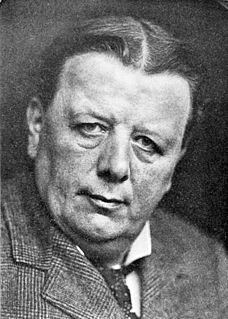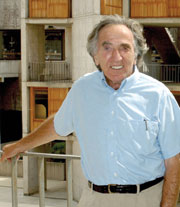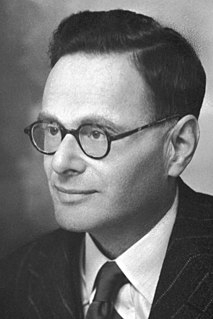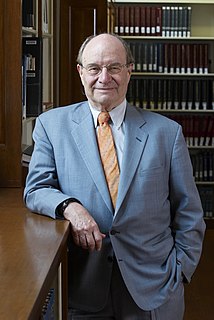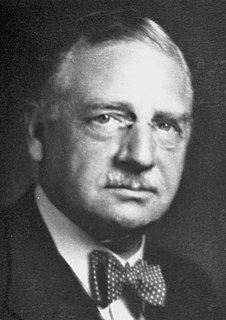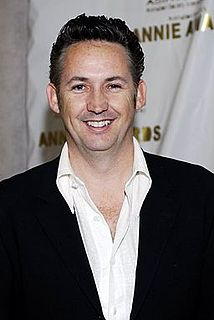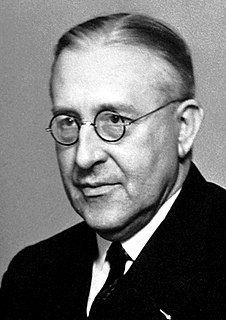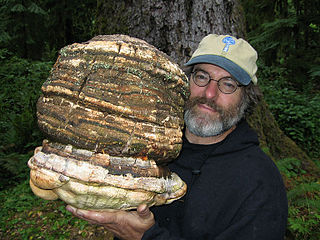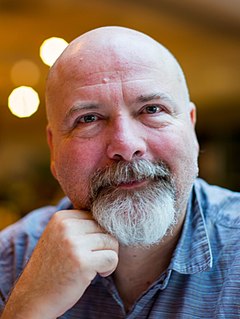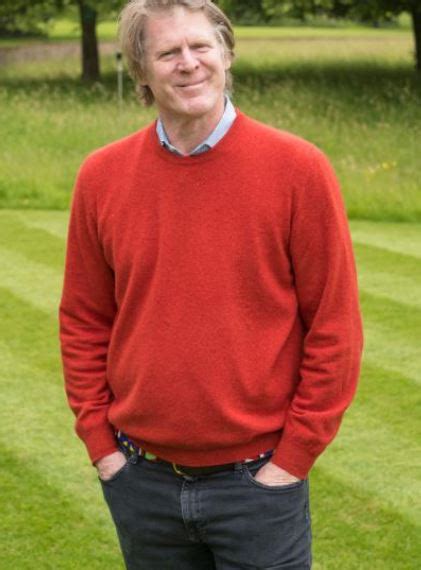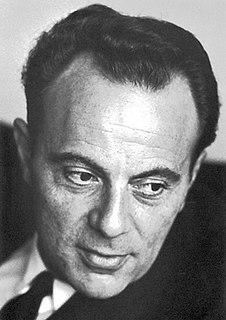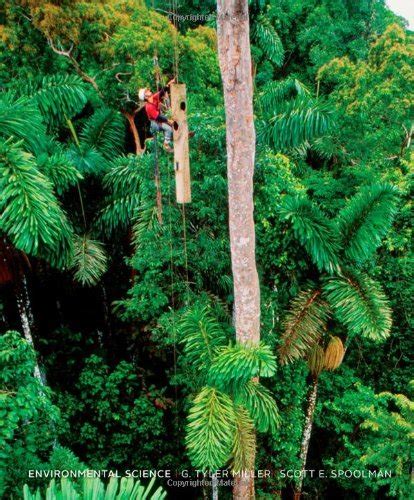Top 327 Organisms Quotes & Sayings
Explore popular Organisms quotes.
Last updated on April 14, 2025.
Early ecologists soon realised that, since humans are organisms, ecology should include the study of the relationship between humans and the rest of the biosphere. ... We don't often tend to think about the social sciences (history, economics and politics) as subcategories of ecology. But since people are organisms, it is apparent that we must first understand the principles of ecology if we are to make sense of the events in the human world.
The chemical differences among various species and genera of animals and plants are certainly as significant for the history of their origins as the differences in form. If we could define clearly the differences in molecular constitution and functions of different kinds of organisms, there would be possible a more illuminating and deeper understanding of question of the evolutionary reactions of organisms than could ever be expected from morphological considerations.
Evolutionary biologists often appeal to parsimony when they seek to explain why organisms "match" with respect to a given trait. For example, why do almost all the organisms that are alive today on our planet use the same genetic code? If they share a common ancestor, the code could have evolved just once and then been inherited from the most recent common ancestor that present organisms share. On the other hand, if organisms in different species share no common ancestors, the code must have evolved repeatedly.
The existence of common features in different forms of life indicates some relationship between the different organisms, and according to the concept of evolution, these relations stem from the circumstance that the higher organisms, in the course of millions of years, have gradually evolved from simpler ones.
In nerve-free multicellular organisms, the relationships of the cells to each other can only be of a chemical nature. In multicellular organisms with nerve systems, the nerve cells only represent cells like any others, but they have extensions suited to the purpose which they serve, namely the nerves.
If the organisms in a species now have trait T, and this trait now helps those organisms to survive and reproduce because the trait has effect E, a natural hypothesis to consider is that T evolved in the lineage leading to those current organisms because T had effect E. This hypothesis is "natural," but it often isn't true!
Think of it : zillions and zillions of organisms running around, each under the hypnotic spell of a single truth, all these truths identical, and all logically incompatible with one another : 'My hereditary material is the most important material on earth; its survival justifies your frustration, pain, even death'. And you are one of those organisms, living your life in the thrall of a logical absurdity.
Four elements, Hydrogen, carbon, oxygen and nitrogen, also provide an example of the astonishing togetherness of our universe. They make up the "organic" molecules that constitute living organisms on a planet, and the nuclei of these same elements interact to generate the light of its star. Then the organisms on the planet come to depend wholly on that starlight, as they must if life is to persist. So it is that all life on the Earth runs on sunlight. [Referring to photosynthesis]
It has occurred to me that possibly the white corpuscles may have the office of picking up and digesting bacterial organisms when by any means they find their way into the blood. The propensity exhibited by the leukocytes for picking up inorganic granules is well known, and that they may be able not only to pick up but to assimilate, and so dispose of, the bacteria which come in their way does not seem to me very improbable in view of the fact that amoebae, which resemble them so closely, feed upon bacteria and similar organisms.
These microscopic organisms form an entire world composed of species, families and varieties whose history, which has barely begun to be written, is already fertile in prospects and findings of the highest importance. The names of these organisms are very numerous and will have to be defined and in part discarded. The word microbe which has the advantage of being shorter and carrying a more general meaning, and of having been approved by my illustrious friend, M. Littré, the most competent linguist in France, is one we will adopt.
A sound Physics of the Earth should include all the primary considerations of the earth's atmosphere, of the characteristics and continual changes of the earth's external crust, and finally of the origin and development of living organisms. These considerations naturally divide the physics of the earth into three essential parts, the first being a theory of the atmosphere, or Meteorology, the second, a theory of the earth's external crust, or Hydrogeology, and the third, a theory of living organisms, or Biology.
For the fact is that organisms are creative and make their environments in such a way as to become virtually part of it themselves. But at the same time environments (nature and other people) are active in the making of organisms. In many respects each one of these elements, organism and environment, form part of one another.
There is no waste in functioning natural ecosystems. All organisms, dead or alive, are potential sources of food for other organisms. A caterpillar eats a leaf; a robin eats the caterpillar; a hawk eats the robin. When the plant, caterpillar, robin, and hawk die, they are in turn consumed by decomposers.




